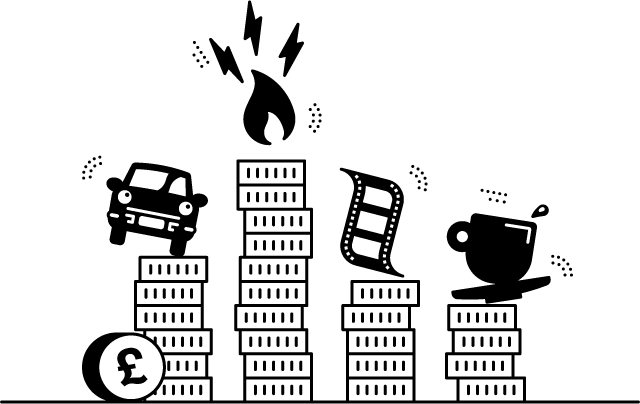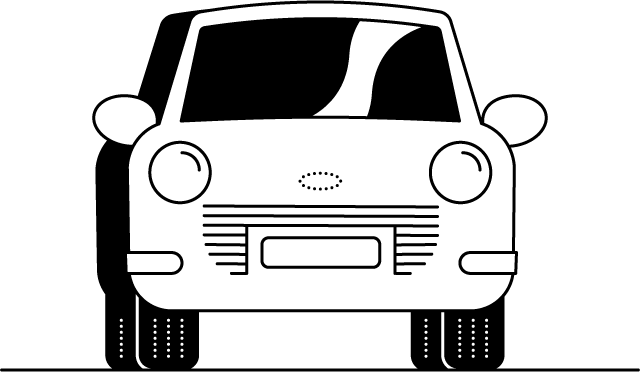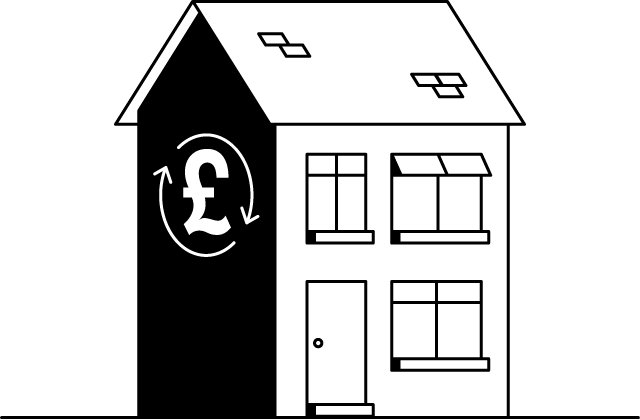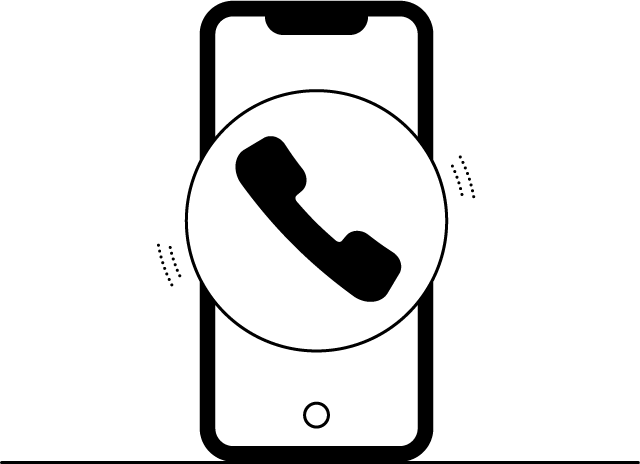If you're finding it hard to keep up with your rent or mortgage repayments, it's important to tell your landlord or mortgage provider. If you start missing payments, you could be at risk of eviction, repossession or damage to your credit score.
Help with rent
If you’re struggling to pay your rent, get in touch with your landlord or letting agency as soon as possible. If your rent isn’t paid, the money owed is called 'rent arrears'. These are priority debts, which mean you should sort them out first, before tackling other debts – to avoid the risk of eviction.
Create a budget and work out how much you can afford to pay. Contact your landlord or letting agency, tell them you’re taking steps to deal with the situation, and offer to pay what you can at this stage.
The debt charity StepChange provide free sample letters Opens an overlay [Will show a security message first] to help you to give the right information to your landlord.
If you’re worried about rent arrears or eviction, Shelter Opens an overlay [Will show a security message first] or Housing Rights Opens an overlay [Will show a security message first] (Northern Ireland) can help you to understand your rights and what to do next.
Help with your mortgage
If you’re worried you won't be able to make future mortgage payments, or if you're already in arrears, your mortgage lender should be able to help.
If you’re a first direct customer, we’re here to provide mortgage payment support. Whatever your situation, we can help you put a plan in place.
If you need to talk to us please call us on 03 456 100 185.





